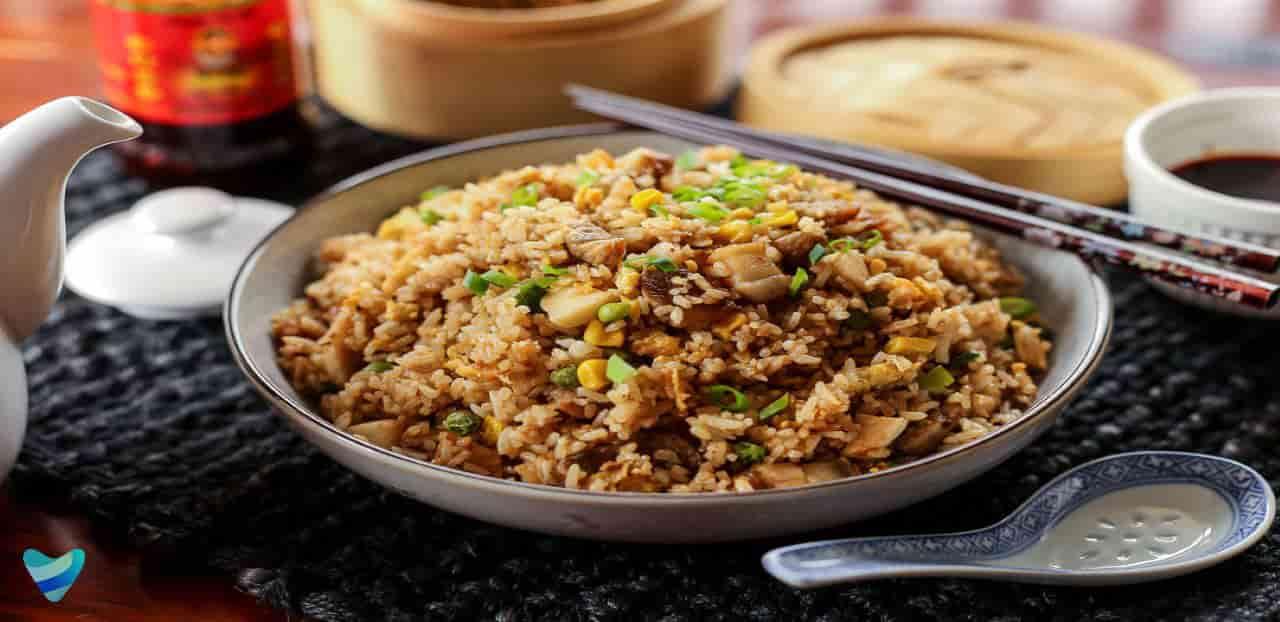Traditional Chinese cuisine is renowned for its diversity, flavors, and cultural significance. Here are some key aspects and dishes.
Regional Diversity: Chinese cuisine varies greatly by region, influenced by climate, geography, and local preferences. Major culinary regions include Cantonese, Sichuanese, Hunanese, and Shanghainese.
Ingredients: Chinese dishes often feature a balance of flavors, textures, and colors. Common ingredients include rice, noodles, soybeans, tofu, seafood, pork, chicken, and a wide array of vegetables and herbs like ginger, garlic, and scallions.
Cooking Techniques: Chinese cooking techniques are diverse and can include stir-frying, steaming, braising, deep-frying, and roasting. Each method aims to preserve the natural flavors of the ingredients while achieving a harmonious balance of tastes.
Popular Dishes
Peking Duck: A famous dish from Beijing, characterized by crispy duck skin and tender meat served with thin pancakes, hoisin sauce, and scallions.
Kung Pao Chicken: A spicy stir-fry dish from Sichuan province with chicken, peanuts, and dried chili peppers.
Hotpot: A communal dish where diners cook a variety of ingredients (meats, vegetables, noodles) in a simmering pot of flavored broth at the table.
Dim Sum: A Cantonese tradition featuring small, bite-sized portions of food served in steamer baskets or small plates, including dumplings, buns, and rolls.
Cultural Significance: Food in Chinese culture holds deep symbolic meaning, often associated with festivals, celebrations, and family gatherings. Certain dishes are served during specific occasions to symbolize prosperity, longevity, or good luck.
Tea Culture: Tea plays a significant role in Chinese dining traditions, served alongside meals or as part of a ceremony. Different types of tea complement various dishes and cleanse the palate.
Health Benefits: Many traditional Chinese ingredients and cooking methods are believed to have health benefits, such as improving digestion, boosting immunity, and promoting longevity.
Overall, Chinese cuisine reflects a rich culinary heritage shaped by centuries of history, regional diversity, and cultural practices, making it one of the most celebrated and influential cuisines worldwide.

